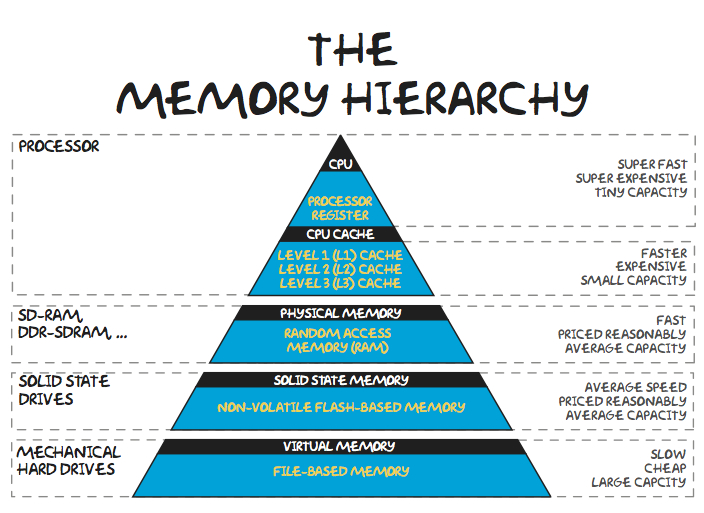The problem is the words they put together are a lie.
The point is that the fucking device your company makes is not memory, So you don't have 24GB of memory, you have 8 GM of memory. Plugging a 1TB external drive into a USB port doesn't give you 1024GB of memory on this configured system.
Optane(R) memory isn't memory? Since when? What bizarre definition of memory are you using?
It's not DDR4 DRAM, but no one said it was.
And I don't work for Dell or Intel, bright boy. But hey, you don't let facts get in the way of what you post, do you?
![[H]ard|Forum](/styles/hardforum/xenforo/logo_dark.png)
